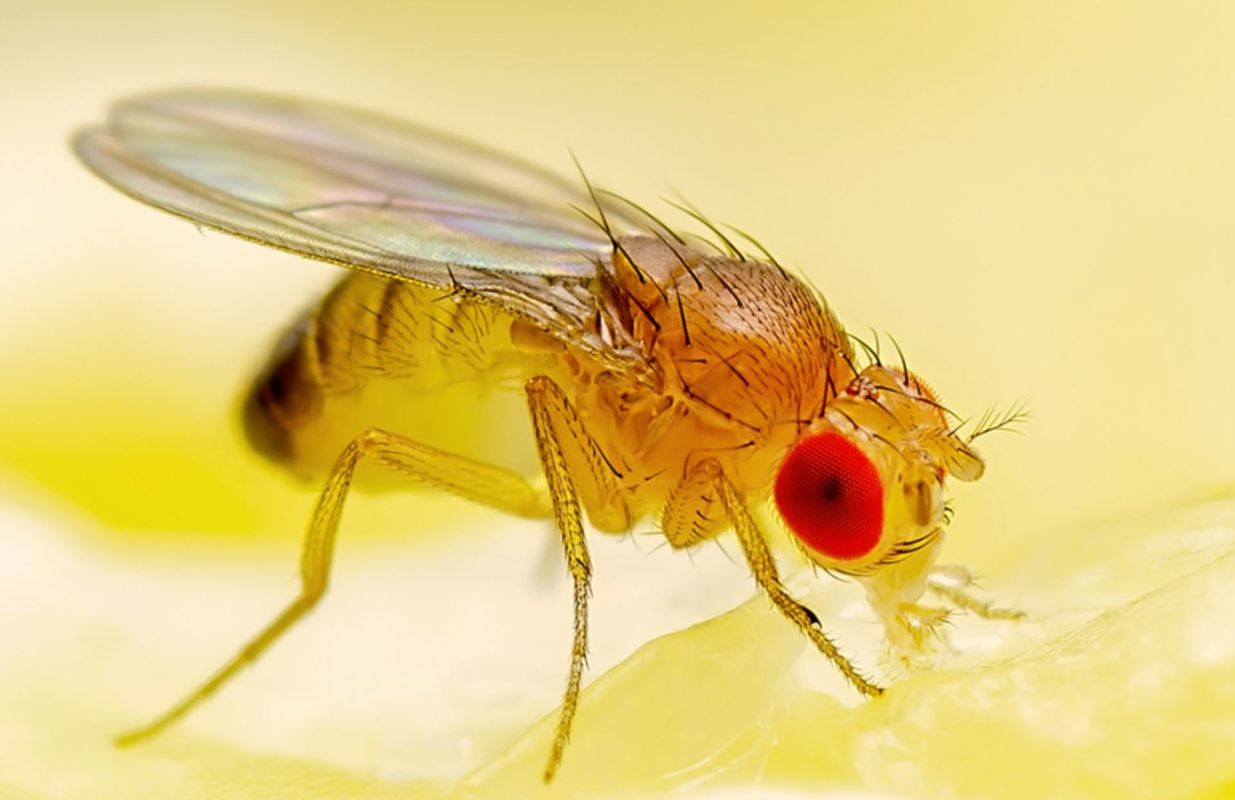A genetically modified fruit fly could mean the (near) end of insect-related crop loss for berry farmers.
Researchers at North Carolina State University have been developing a genetically modified fruit fly to stop these pests from destroying produce. The scientists' method involves modifying flies to have infertile female offspring and slowly reduce the population of the insect, reported Phys.org.
This is huge news for farmers, who suffer 20-40% of crop loss due to pests every year. In fact, an estimated $470 billion of crops are lost annually to certain types of bugs.
The NC State University researchers are not the first to manipulate the genes of insects.
Previously, scientists have experimented with moths only capable of producing male offspring to limit population and avoid crop loss. Others have modified mosquitoes to have deformed mouths, rendering them unable to bite people to slow the spread of malaria.
However, Luciano Matzkin, a professor of entomology, said this new method of sterilizing female fruit flies is very hopeful because it avoids the issue of offspring who evade the desired gene mutation.
Traditionally, farmers have turned to pesticides and traps to avoid crop loss due to insects. However, these methods are costly and time-consuming. Plus, pesticides come with their own set of downfalls. They can harm unintended wildlife, make their way into water sources, and damage soil, leading to vegetation issues down the line.
Plus, crop loss doesn't only mean dollars down the drain for agriculturalists — it also means a waste of water. Strawberries, for example, require one to two inches of water per week. Tossing out the resulting berries due to pests is a huge waste of this natural resource.
The researchers are still in the lab test phase of trials and moving on to field tests next. They expect they're years away from releasing their modified fruit flies into the real world, but the research is very promising.
Eliminating problematic pests and thereby eliminating the need for pesticides could mean a win for the environment and for farmers.
"We're really excited about this," said Max Scott, one of the authors of the study, according to Phys.org.
Join our free newsletter for cool news and cool tips that make it easy to help yourself while helping the planet.









